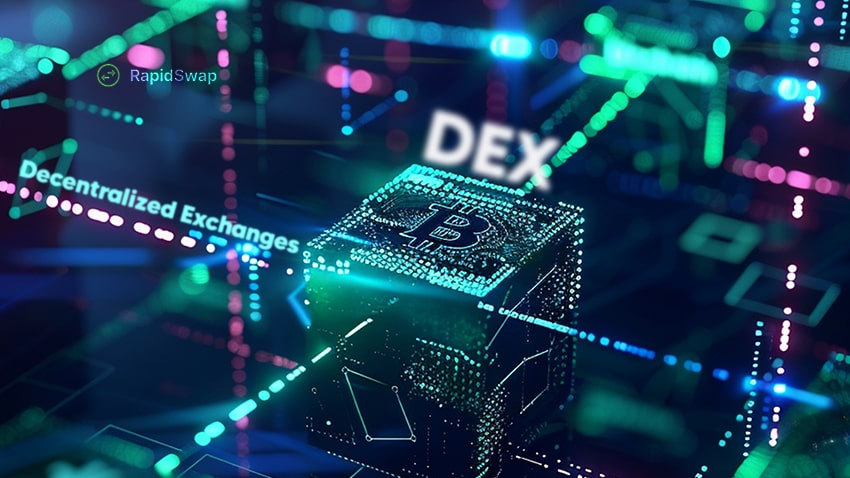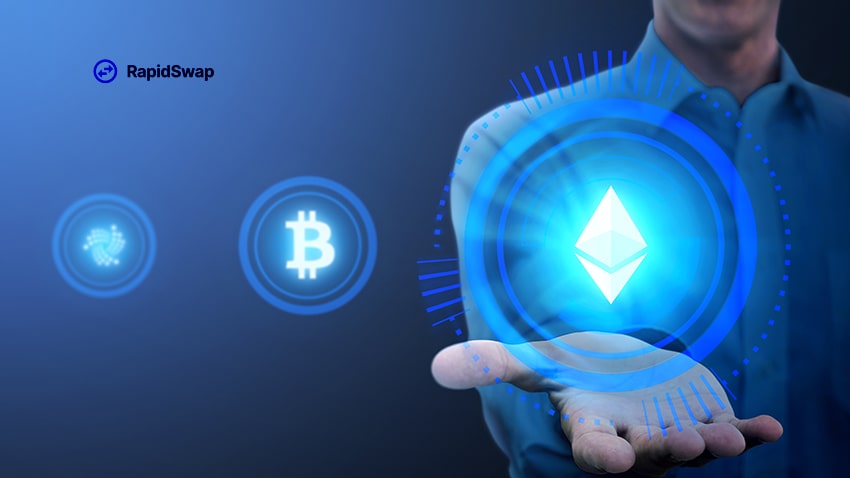Decentralized Exchanges (DEXs), How They Work and Why They Matter
Decentralized exchanges (DEXs) have become a significant aspect of the cryptocurrency world, offering a way to trade digital assets without relying on centralized authorities or intermediaries. As blockchain technology continues to evolve, DEXs are increasingly being recognized for the unique advantages they provide, such as enhanced security, privacy, and resistance to censorship. This article delves










